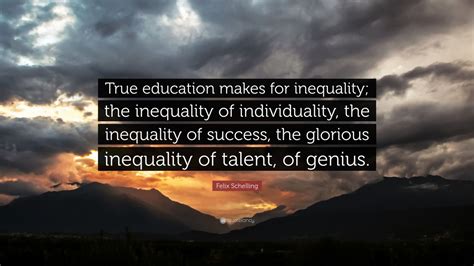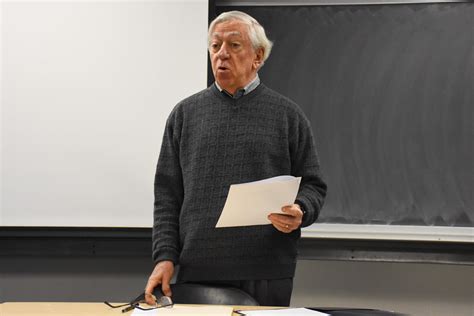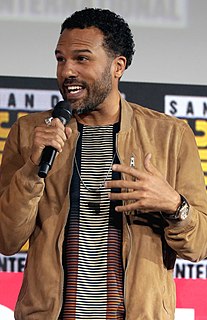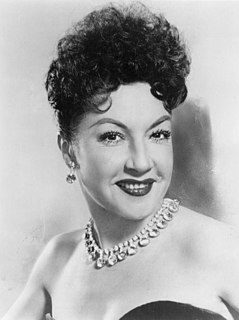A Quote by Joseph Stiglitz
American inequality didn't just happen. It was created.
Quote Topics
Related Quotes
They [American Indians] never did straight-up fights. It wasn't about, you know, getting killed in the line of fire. It was all ambush, ambush, ambush, and you ambush somebody, and then you take the scalps, and you - even though scalping wasn't created by the American Indians. It was created by the white man against Indians, and they just took it and claimed it.
The important issue is not how much inequality there is but how much opportunity there is for individuals to get out of the bottom classes and into the top. If there is enough movement upward, people will accept the efficiency of the markets. If you have opportunity, there is a great tolerance for inequality. That has been the saving grace of the American system.
In the U.S. when people like me started writing things about inequality, the economic journals had no classification for inequality. I couldn't find where to submit my inequality papers because there was no such topic. There was welfare, there was health issues, there was trade obviously. Finance had hundreds of sub groups.



































